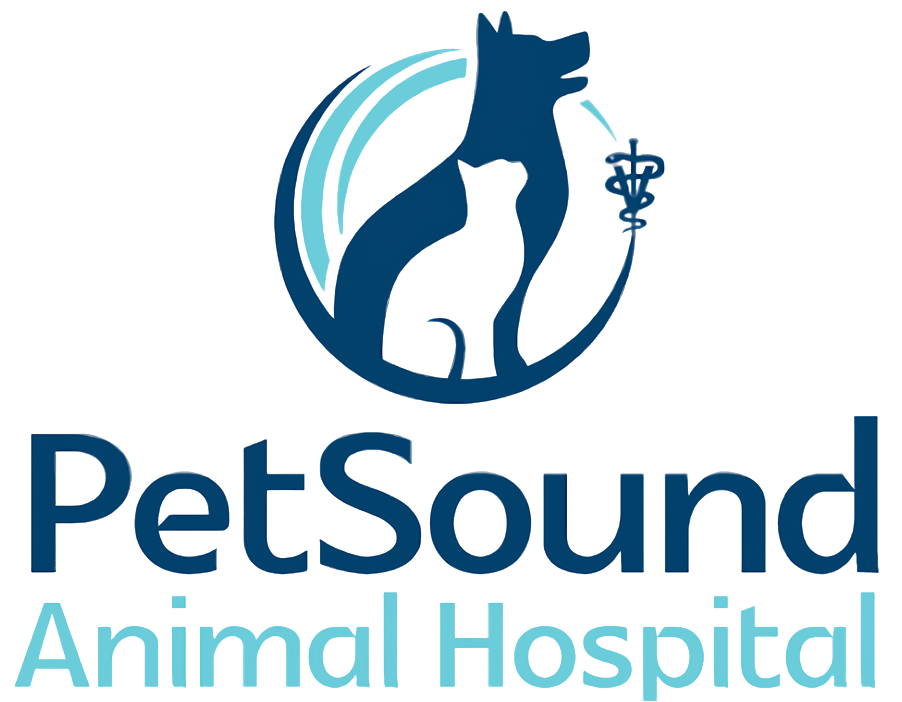Articles
-
For the next two months, even if everything went smoothly with the birth, you have a lot of work to do! This includes keeping the whelping area clean and dry, closely monitoring the health of the mom and pups, and assisting with feeding and care of the pups as necessary. It is important to have the mother and puppies examined by your veterinarian within 48 hours of birth. The pups should be weighed regularly to make sure they are gaining weight. The mother can experience serious health problems including mastitis and eclampsia, needing emergency veterinary treatment.
-
Having a litter of puppies is an exciting event, with many responsibilities. This article outlines how to care for the mother and new puppies after birth, until the puppies are eating on their own. It discusses how and when to wean the puppies, guidelines for feeding the mother, and when to treat the puppies for parasites.
-
Most dogs do not need human or veterinary assistance during birth, but sometimes problems can arise that require veterinary attention. This article discusses problems that may occur. It is essential to closely monitor your pet during birthing and seek veterinary care if you have any concerns.
-
Breeding dogs is a great responsibility that should not be done just because an owner wants puppies from their beloved dog. Important considerations are discussed. Many puppies are abandoned at dog shelters because of inappropriate breeding practices. There are usually many dogs looking for homes and an owner can find the dog they are looking for through shelters or rescue organizations.
-
It is estimated that over 80% of dogs over the age of three have periodontal disease (infection of the tissues surrounding the teeth). Brushing three times a week is the minimum recommendation to help remove plaque and prevent tartar accumulation. To be successful at brushing your dog's teeth, you must make it a positive experience for both of you. Do not use human toothpaste or baking soda. A list of dental products and diets that have been accepted by the Veterinary Oral Health Counsel can be found on www.vohc.org.
-
A caesarean section is a major surgery to help deliver puppies, usually performed in an emergency. After surgery, the dog may be sleepy but should be able to eat a high-quality diet and nurse puppies within a few hours. The dog should be monitored for fever, abnormal vulvar discharge, and abnormalities at the incision.
-
Pet owners may not realize that caffeine can be harmful to their pets. They also may not know that many foods and drinks in their cupboards contain caffeine. This particular chemical can be toxic for both cats and dogs.
-
Canine influenza is a relatively new, highly contagious virus that causes respiratory disease in dogs. It has been reported in all US states and some Canadian provinces. Clinical signs include coughing, runny nose, and fever. Definitive testing can be performed in the early stages of the disease. Vaccination is recommended for dogs at a higher risk of infection or morbidity. The virus is not spread to humans, but cats can become infected.
-
Cats and dogs can become intoxicated by cannabis in various ways, most commonly by eating edibles (e.g., baked goods, candies, chocolate bars, and chips containing cannabis), or by ingesting cannabis directly (in any form). Pets can also be exposed to second-hand smoke. A small amount may affect one pet more than another, so there is no official safe level of exposure. Many of the signs of intoxication are neurological, including disorientation, dilated pupils, and hyperactivity. In severe cases, tremors, seizures, and coma can result. Regardless of the method of exposure, accurate and complete information from the owner is imperative to treat the patient successfully.
-
Vaccines save lives and prevent disease but can have some mild, common side effects. Other less common but more serious side effects can occur within minutes to hours of vaccination. Seek veterinary care immediately if you suspect your pet is having a more serious reaction.

